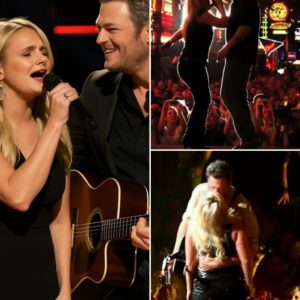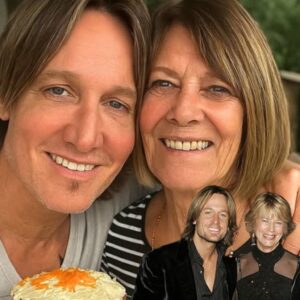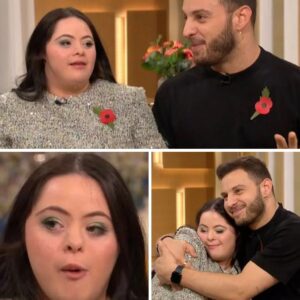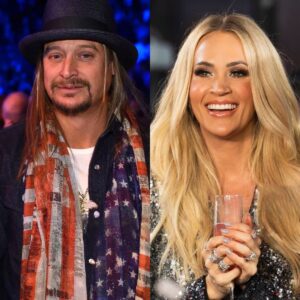It was meant to be another night on Bruce Springsteen’s record-breaking world tour — but at 9:42 p.m., everything changed. Under the blinding glow of stadium lights and the electric pulse of 60,000 fans, Bruce wiped the sweat from his brow and said quietly, “I’ve got some friends tonight.” What followed would be remembered as one of the most emotional live moments in music history.

 “When Forever Took the Stage”
“When Forever Took the Stage”

Bruce Springsteen, Neil Diamond and Barbra Streisand Unite for an Unforgettable Night That Redefined American Music
It happened at precisely 9:42 p.m., on a night that was never supposed to be historic — just another stop on Bruce Springsteen’s sold-out “Born to Keep Running” world tour. The crowd of 60,000 fans was already breathless, the air thick with nostalgia and adrenaline. Bruce had just finished a roaring guitar solo when he stepped back from the mic, his chest heaving, and said with a faint, teasing smile:
“I’ve got some friends tonight.”
The arena went silent. In that pause — that half-second between electricity and eternity — something shifted. And then, from the wings, walked Neil Diamond.
The reaction was seismic. The crowd roared so loud it drowned out the opening chords. At 84 years old, the legend of Sweet Caroline moved carefully but proudly, his cane glinting under the lights, his eyes bright with mischief. Bruce stepped forward, met him halfway, and whispered something that only their microphones caught:
“Welcome home, brother.”
The two hugged, and when Neil took the mic, his voice — cracked, trembling, yet defiant — filled the night with the opening lines of Sweet Caroline. Bruce joined in, harmonizing from behind his guitar, and 60,000 voices erupted into the chorus, waving phones like candles in a cathedral of sound.
But the magic wasn’t done. As the last “so good, so good, so good!” echoed through the rafters, the stage lights flickered to silver. The band slowed. And then, a collective gasp rippled through the stadium.
Barbra Streisand had arrived.

Draped in a glittering silver gown that shimmered like moonlight, she walked slowly into the glow, her smile calm, her presence commanding. The audience erupted into tears and screams; even Bruce looked momentarily speechless. She took Neil’s hand, nodded to Bruce, and together they began “Forever Young.”
The arrangement was stripped bare — just piano, cello, and three voices carrying half a century of triumphs, losses, and grace. Bruce’s rough sincerity grounded Barbra’s crystal tones; Neil’s weary but warm timbre wove between them like memory itself. For six minutes, time stood still. No pyrotechnics. No ego. Just three souls laying their lives bare through song.
When the final note faded, Bruce reached out, placed his arm around both of them, and whispered into the mic:
“This… this is what forever sounds like.”
The crowd exploded. People hugged strangers. Grown men wept. Across the world, fans watching the livestream felt something deeper than nostalgia — a rare sense of witnessing the end of an era, and the birth of a legend.
Within eight hours, clips from the performance had surpassed 120 million views across TikTok, YouTube, and X (Twitter). The hashtag #ForeverYoungLive trended in 47 countries. Music historians called it “the night American music bowed to its own reflection.”
Even Paul McCartney posted a simple heart emoji beneath the video. And in Los Angeles, Billy Joel tweeted: “Three voices, one heartbeat. That’s the sound we grew up on.”
By dawn, journalists were calling it “the final curtain call of the golden generation.” But for the 60,000 people who were there — who felt the air shake, who saw three icons stand shoulder to shoulder — it was more than a concert. It was a benediction.
A reminder that music, like love, never really fades. It just finds new voices to carry it home.





